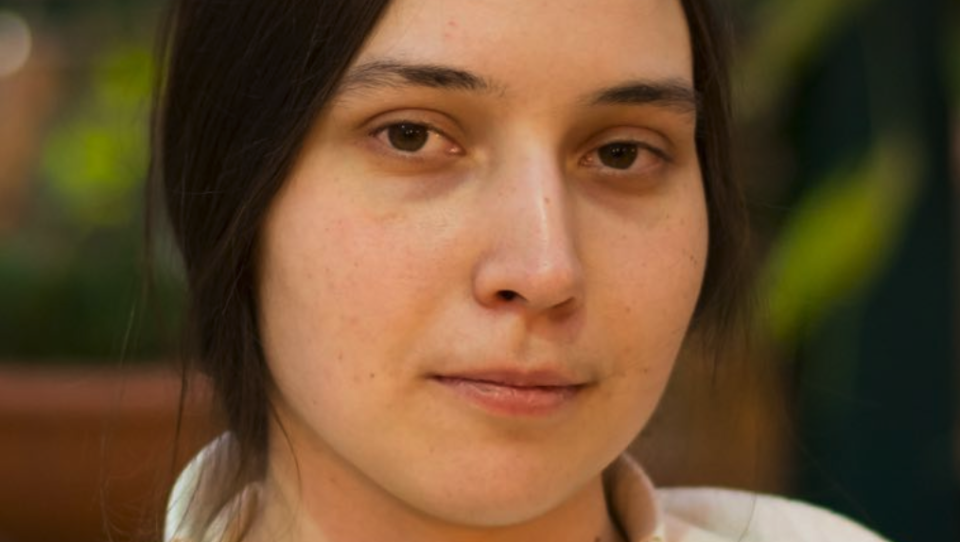The Russian-born scientist detained at Logan Airport nearly three months ago will get a chance to make her case to a Vermont federal judge in mid-May.
Kseniia Petrova, 30, said she is seeking to “clarify the circumstances” surrounding her entry into the United States in February, when she was detained for failing to declare frog embryos requested by the leader of her research group at Harvard Medical School’s Kirschner Lab.
In a statement, Petrova said she didn’t expect any issues bringing them in the country since they were “non-toxic, non-hazardous, and non-infectious,” but that she should have more carefully reviewed U.S. customs requirements.
Counter to what the Department of Homeland Security told GBH News in March, Petrova said she never provided false information when being questioned at the airport.
“Some of my words were misunderstood and inaccurately reflected in the statement that the officer presented for my signature,” Petrova wrote.
She said during the inspection at the airport, she told an officer she was in the United States on a J-1 visa for researchers, and received an admission stamp on her passport. Petrova said she was never asked if she was carrying biological material into the country.
“When I noticed that and other inaccuracies in the written statement, I pointed them out and asked the officer to make corrections,” she said. Petrova said she thought the officer made the changes to her paperwork.
She remains detained by U.S. Customs and Immigration Enforcement at the Richwood Correctional Center in Louisiana. Petrova fears being deported to Russia over retribution for her protests against the war with Ukraine.
The upcoming hearing will focus on the legality of her detention.
“If the court agrees that the government’s actions at the airport and the subsequent detention were unlawful, the judge has the authority to order her release,” said her attorney Gregory Romanovsky.
He said Petrova has been working on a “groundbreaking microscope” at the lab for nearly two years and developed computer scripts to read 100,000 cell images, promising possible breakthroughs in cancer detection.
Dr. Leonid Peshkin, head of the Harvard Medical School’s Kirschner Lab, has said that work has been interrupted by Petrova’s absence.
Petrova takes “full responsibility” for not properly declaring the frog embryo samples, and counters government claims that she is a danger to the community and flight risk.
“I only want to be in the lab working on research. That is my life’s purpose. That is what I’m all about,” she wrote.





